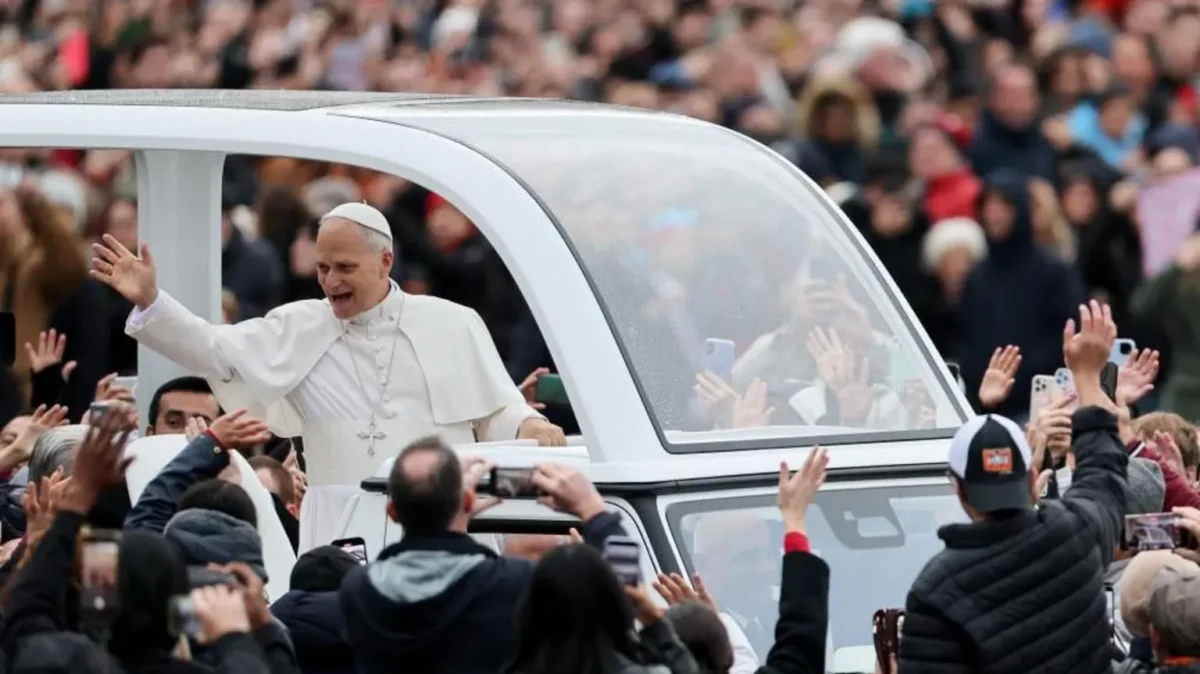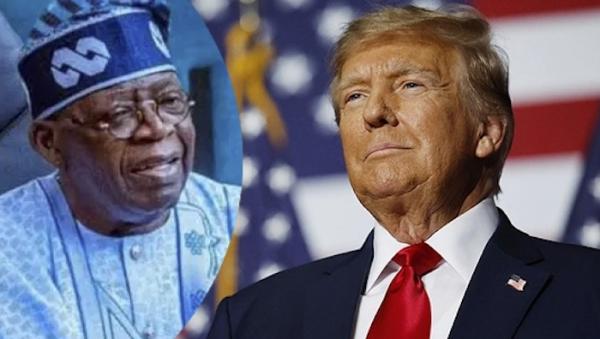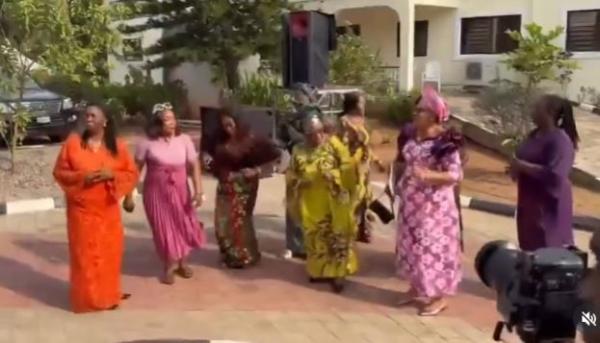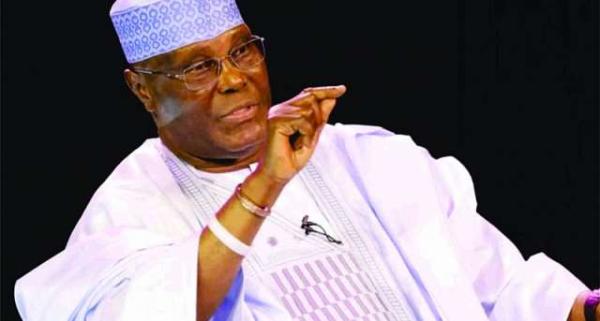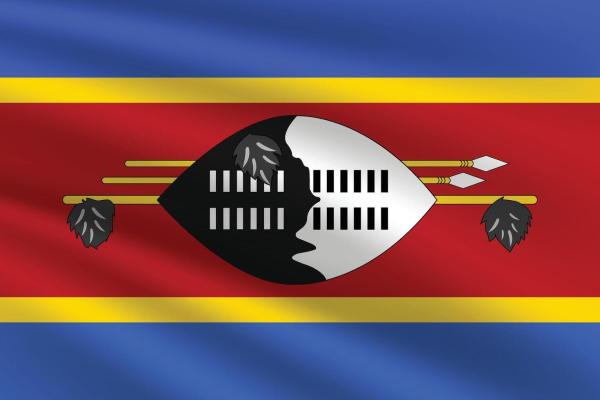
PVC
ONE of the most important instruments in the hands of the average Nigerian today, especially as the general elections draw nearer, is the Permanent Voter Card (PVC). Though designed to enable the holder exercise his or her civic responsibility by being part of the electioneering process, interestingly, some Nigerians have other reasons apart from those of the elections to want to have the card.
While some believe it may be requested for in future, especially for those that have one business or the other to transact with government agencies, a sizable number of Nigerians, especially bank customers, are seeing the cards as alternatives to other forms of identification in the banks.
For instance, Mrs. Esther Olaniyan, a petty trader who has her shop in Ile Epo at Agbado Oke Odo Local Council Development Area of Lagos, told Saturday Tribune that though she might not necessarily vote, the need to have a viable means of identification informed her decision to brave the odds and wait patiently in the long queue for her card.
“I don’t have a driver’s licence, an international passport or even the national identity card and this is why, sometimes, I go through hell in the banking hall while trying to carry out transactions that require me producing an authentic means of identification. Getting a PVC would no doubt relieve me of those burdens,” she said.
She explained that she had once been embarrassed in one of her bank’s branches when she couldn’t produce a proper means of identification required to cash the sum of N150,000 sent through Moneygram by her brother in the United States for a specific payment.
Being a familiar face in the branch, especially with her savings account domiciled at the branch, she had confidently walked up to the cashier in the Moneygram cubicle to ask for a form she was supposed to fill with the necessary information before accessing the funds. Curiously, even after successfully filling the form, the cashier was not in a hurry to release the cash to her.
“To my surprise, the cashier politely explained to me why she would not be able to pay the money. I was embarrassed because I needed the money urgently. I was told that being a familiar face at the branch would not make them waive the standing rule concerning such payments, because the implications of such actions might be grave for them. It was either I produced a driver’s licence, national identity card or international passport for identification or instruct my brother to channel the payment through another person with such means of identification. I had to contact my brother and ask him to redirect the funds through another person to enable me access the funds,” she stated.
For her, such nightmare would be over with the PVC!
Since such banking challenge is not peculiar to Mrs. Olaniyan, not a few Nigerians are, therefore, seeing the PVCs as a way out and they are ready to wait patiently for the cards.
The issue of identification for the average bank customer has become a huge challenge in this part of the globe. There are many Nigerians who, in spite of their status as full-blooded citizens of the country, do not have viable means of identification, acceptable to institutions such as the banks.
Interestingly, they are in the majority. For them, it is easier for the proverbial camel to pass through the eye of the needle than cash a third party cheque over the counter. It is either you have these three forms of identification or risk being delayed or ignored by the paying cashier.
Jimoh, a panel beater, also shares the same sentiments with Mrs. Olaniyan. Besides his professional association’s identity card, he does not have any other means of identification. And his experience at the bank, especially when he is required to properly identify himself while cashing customers’s cheques, could be traumatic too.
“Most times, it is always very tough for people like us, especially when I want to cash cheques given to me by my customers; since some of them will never pay you cash. Though what I do is to ask them to instruct the bank to pay without any means of identification, I know that what I’m doing is not without its negative implications. For instance, the cheques can get into the wrong hands and one would not be able to hold anybody liable,” he stated.
Mrs. Olaniyan and her ilks have cause to be excited at the prospect of using the PVC for some banking transactions since feelers from the banks have indicated that the nation’s banks are favourably disposed to the idea. The banks would not have anything against accepting the PVC at the counter since it is issued by a constituted authority.
Segun, a banker with one of the new generation banks, but who would not want his full names in print, believes there is nothing new, strange or unusual for a bank to ask for a viable means of identification from a customer that wants to withdraw funds from an account which is not his. He, however, said that with the coming of the PVCs, the banking public is being given more options regarding their means of identification.
“While no bank would ever accept your Staff ID card, it will definitely take your PVC as a form of identification. It is important to understand the fact that not that the banks are unnecessarily difficult, the idea behind this is to have a solid, verifiable and reliable means of identification. And I think since the card is coming from the Federal Government, there is no way any bank can turn it down.
“You needed to be in the system to appreciate what we are saying. There are some among this banking public that are not technically qualified to be called bank customers. For instance, those operating a savings account are not really bank customers because the process of screening they always go through before opening the account is not always as rigorous as when opening a current account. So, if such customers are doing any transaction in the bank, they would still be required to properly identify themselves,” he said.
While the PVCs offer a leeway for the likes of Mrs. Olaniyan, its use may not be without its issues too. For instance, would the banks be required to look for card readers to enable them differentiate the fake from the genuine? This should not come as a surprise. Even the issuers, the Independent National Electoral Commission (INEC), is insisting it has to use the machine for this purpose too.
“When we get to that bridge, we will know how to cross it,” was Segun’s response to this. Perhaps, events in the banking halls in the next few months would indicate whether PVCs will truly serve as viable instruments for identification.












